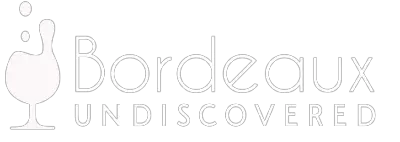Having recently written about the Chinese smuggler who was given a life sentence for illegally bringing top flight Bordeaux to mainland China it seems that we should be looking a little closer to home.
The Press Association is reporting that Customs officials have no idea how much wine fraud costs the taxpayer each year and are not doing enough to put booze scam criminals behind bars, according to a report by the National Audit Office (NAO).
The latest estimates from HM Revenue and Customs (HMRC) saw the loss to the taxpayer from evasion of duty on spirits and beer soar more than 40% to £1.2 billion in 2009/10.
However, that figure excludes wine sales – despite fears that the market is being targeted by fraudsters because of a successful crackdown on stronger alcohol.
The NAO welcomed “significant” improvements to HMRC’s anti-evasion efforts after it was strongly criticised in the past and noted some “early notable successes”. But it found “no evidence” that the strategy had succeeded in stopping beer being sent abroad for export, but then diverted back to the UK, and called for action to quantify wine-based losses.
Officials were still unable to download information from a European Union database of food movements that would help track illicit shipments, the NAO said. It also complained that HMRC had “no explicit objective” of pursuing more criminals through the courts – with only six or fewer convictions secured in each of the four years to 2009/10.
Gangs have taken advantage of the single market by shipping British-brewed drinks to France and other countries with lower duty levels but then illicitly bringing them back for the UK market.
The public spending watchdog’s head Amyas Morse said:
“While the renewed strategy to deal with this is more comprehensive than what went before, and the department has had some early notable successes, it needs to do better in a number of areas.
“This includes establishing reliable estimates of the tax gaps for beer and wine, and achieving tangible success in tackling the illicit diversion of duty-unpaid alcohol back into the UK market.”
An HMRC spokesman said:
“It is the impact of the criminal investigations on the organised criminality driving the fraudulent market that is important, not any specific number of cases.
“NAO have accepted that the prosecutions mounted in this period were successful in bringing fraudsters to justice. HMRC continues to develop enhanced approaches to maximise the impact of the criminal investigations carried out.”

